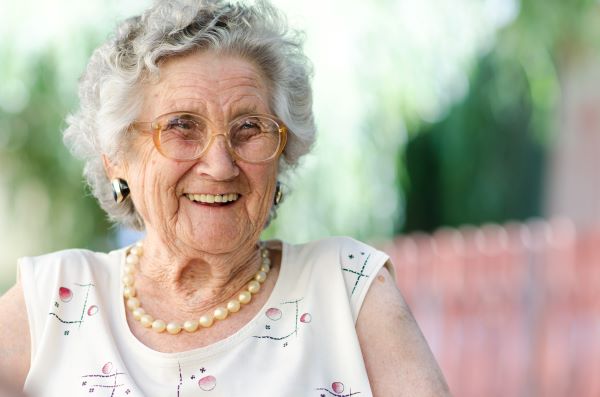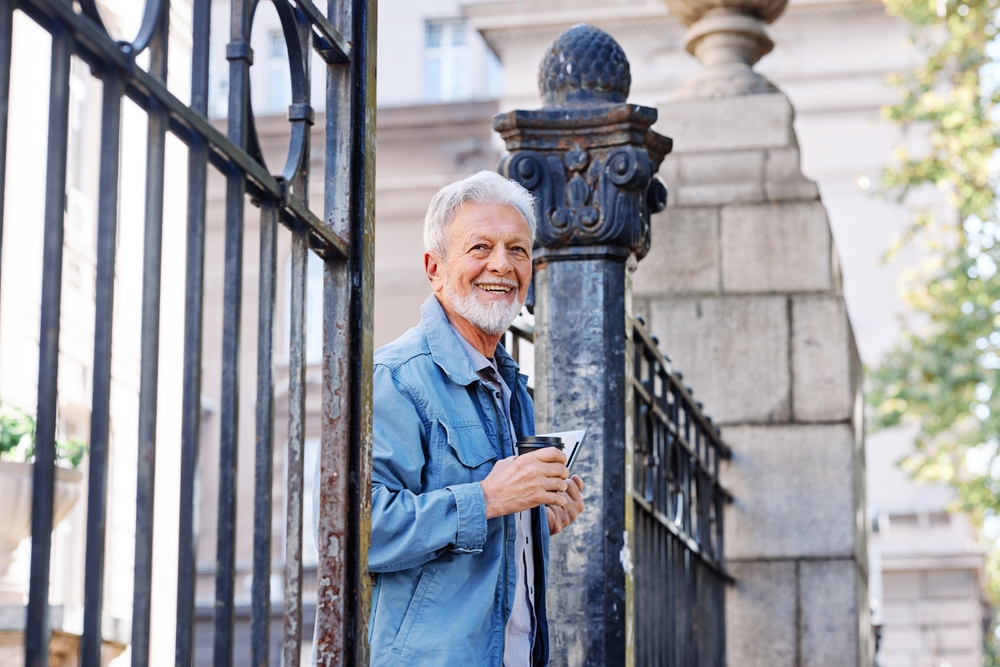On May 11, 2023, the Covid Public Health Emergency (PHE) was formally ended by the…

Medical Aid-in-Dying Becomes Law in New Jersey
Many people who visit our offices seek to avoid the situation in which life is prolonged at all costs. Subsisting on expensive life-support, long past when that treatment might improve life, is not an inviting prospect. For that reason, it’s now common practice that we attorneys write living wills for our clients to decline drastic treatment that would only prolong life.
But what about patients who have been diagnosed with a terminal illness and, until the inevitable end comes, suffer greatly? Drugs are available to usher in death relatively gently, to put an end to the misery that can only lead to a fatal outcome.
However, there is a difference between allowing death to happen by declining treatment, as opposed to making it happen with an affirmative act. Acting to end life, before its natural course has run, poses grave moral issues. For that reason, the traditional rule has been to make assisted suicide a crime. For example, in Arkansas, physician-assisted suicide is a felony punishable by three to ten years’ imprisonment and a fine of up to $10,000.00.
Despite that prevalent rule, New Jersey has joined eight other states in an emerging trend permitting medical aid in dying (“MAID”). Patients seeking MAID must be adults who have received a prognosis of six months or less to live, who can demonstrate that they know what they are doing, and are able to take the lethal medication themselves. Physicians act as gate-keepers, to make sure patients are qualified and to inform them of the risks and alternatives. The physician then writes the prescription and the patient takes the final act that causes death.
Opponents fear that elderly, poor, and disabled patients could be subjected to pressure, from family members or unscrupulous doctors, into premature death. Others object based on their belief that life is a sacred gift and that humans do not have sovereignty over when it ends. New Jersey Gov. Phil Murphy, a Catholic, subscribes to the latter view. He nevertheless signed the New Jersey bill into law, stating:
“I am torn between . . . my faith and my compassion for those who suffer . . . unnecessary, and often intolerable, pain at the end of their lives. . . . As things now stand, it is the law, rather than one’s own moral and personal beliefs, that governs such decisions. That is not as it should be. . . . [W]hile my faith may lead me to a particular decision for myself, as a public official I cannot deny this alternative to those who may reach a different conclusion.”
There are many who do, in fact, reach a different conclusion. Juries tend to acquit doctors who are prosecuted for MAID. The city council in Bisbee, Arizona – a state that criminalizes MAID – passed a resolution in 2015 requesting that the county prosecutor de-prioritize MAID cases. In 2017, nearly half the states were considering MAID bills and there is increasing support from health-care professionals and medical associations.
On the other hand, opponents protest that premature ending of life forecloses on relational and spiritual healing that can emerge at the time of approaching death. Those who hold fast to the belief in the sanctity of life argue that the power of choice wrongly prioritizes personal preferences over the value that exists even when the person living that life no longer wants it. British journalist Brendan O’Neill notes: “Saying to people, ‘Well, maybe your life isn’t worth living and maybe you should give up,’ is ‘moral defeatism.’”
Doctors themselves have expressed the wish that MAID is sought only as a last resort. They have observed that people often request MAID because they fear they will be abandoned to die in pain. If such people can be reassured that easing the pain is do-able and that their comfort will be attended and taken care of, the doctors hope that the need to resort to MAID would be lessened.
There is no doubt that euthanasia – the deliberate, direct causing of death by a physician – remains beyond the pale for most people in this country, especially, of course, if done without the patient’s informed consent. But where the decision to end one’s life is based on a voluntary, thoroughly considered request in the presence of terminal illness and impending death, more and more states are declining to require that life should be prolonged at all costs, especially not if the patient feels the suffering involved is not worth the cost.
The New Jersey statute, the “Medical Aid in Dying for the Terminally Ill Act,” becomes effective on August 1, 2019.
If you have questions about what you have read or would like to discuss your situation, please don’t hesitate to contact us.



